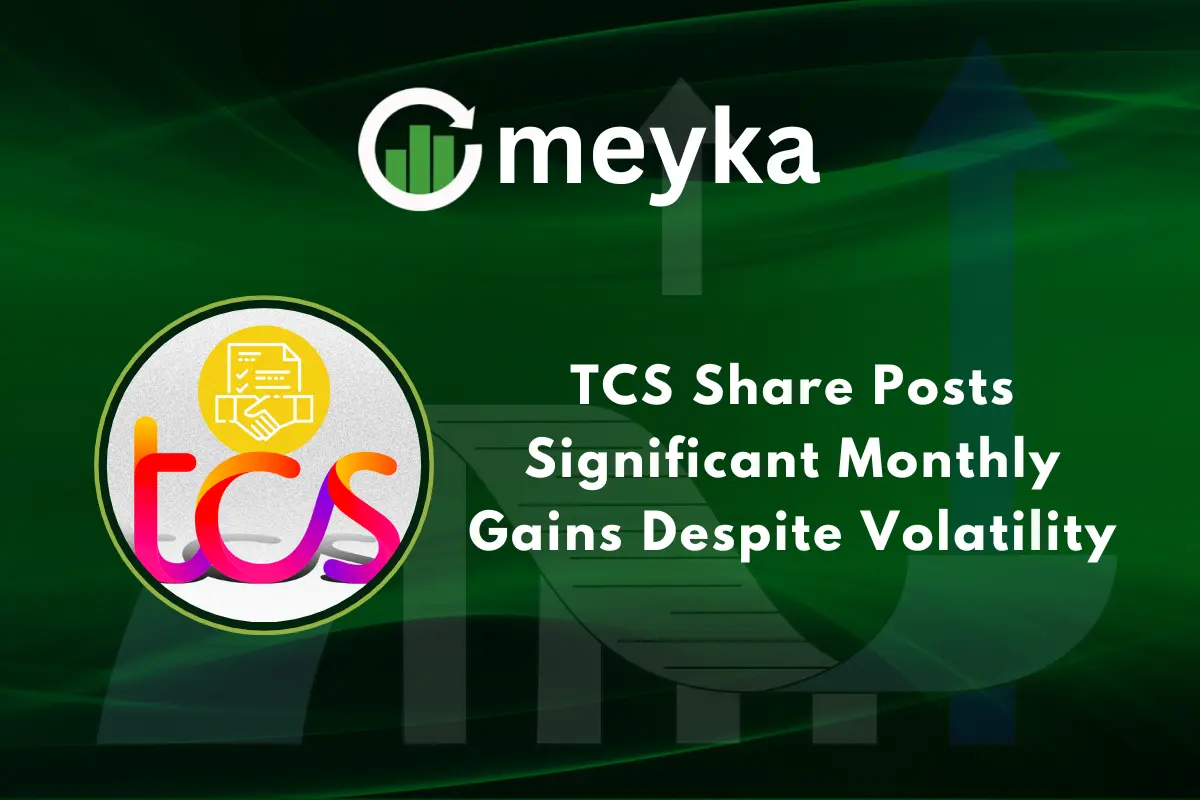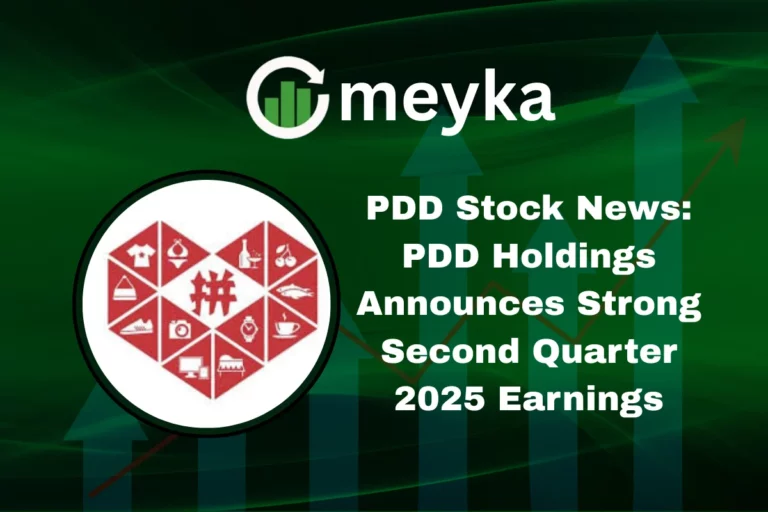TCS Share Posts Significant Monthly Gains Despite Volatility
Tata Consultancy Services (TCS) surprised many investors this month with strong gains, even as the stock market faced sharp swings in October 2025. The company’s share price moved up steadily and showed better strength than most large IT stocks. This rise came at a time when global tech markets were still dealing with weak demand, slower spending, and fears of delayed recovery.
Continue Reading on Meyka
This article is available in full on our main platform. Get access to complete analysis, stock insights, and more.
Read Full Article →





